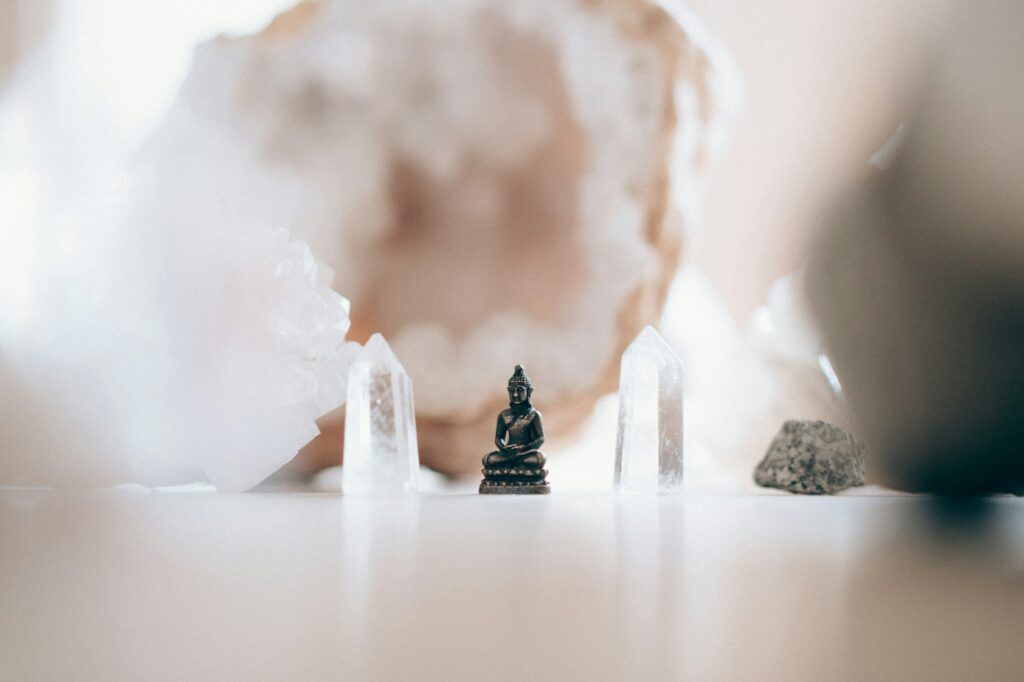Recently, I have always been asking myself whether the constant need to invest in forming our beliefs is the ultimate drive of society; that we in this contemporary society are doing nothing except working endlessly and tirelessly just to prove what we believe. Though in differing forms, we are constantly inventing a belief that suits what and who we think we are.
What we ought to believe is established long before it is found from our process of conceptualization because, underneath the belief, there is already a preconceived idea of what we can get from believing that particular belief.
Any new idea of who we can become is already known; thus, it cannot be said that we have changed for the better; it can only be said that we are only inclined towards the so-called new version from which we can feel more secure and safe. From a macro perspective, it is of no use to narrow ourselves to the concept of getting better, because the notion of getting better is in itself a mere process of self-continuation.
People are obsessed with looking and acting decently. Nonetheless, it is another subtle mechanism of finding a place for oneself in this world and making oneself feel needed. For as long as the self exists, regardless of how noble and profound it seems, there will always be conflicts, and there will always be a feeling of separation between oneself and the world. And the world is thereby evaluated not by facts but by one’s narrowed views by which one acts against the world. That is why we think we are morally superior to others and that people around us are ethically inferior to us. But pure morality is non-dual, and the self-conscious acknowledgment of one’s morality is simply not morality at all.
People doing good deeds with egos carefully attached to themselves are not innocent; people doing evil with egos deliberately attached to themselves are unforgivable. When it comes to people with no self, what are the deeds being done, and who are the people doing them?
